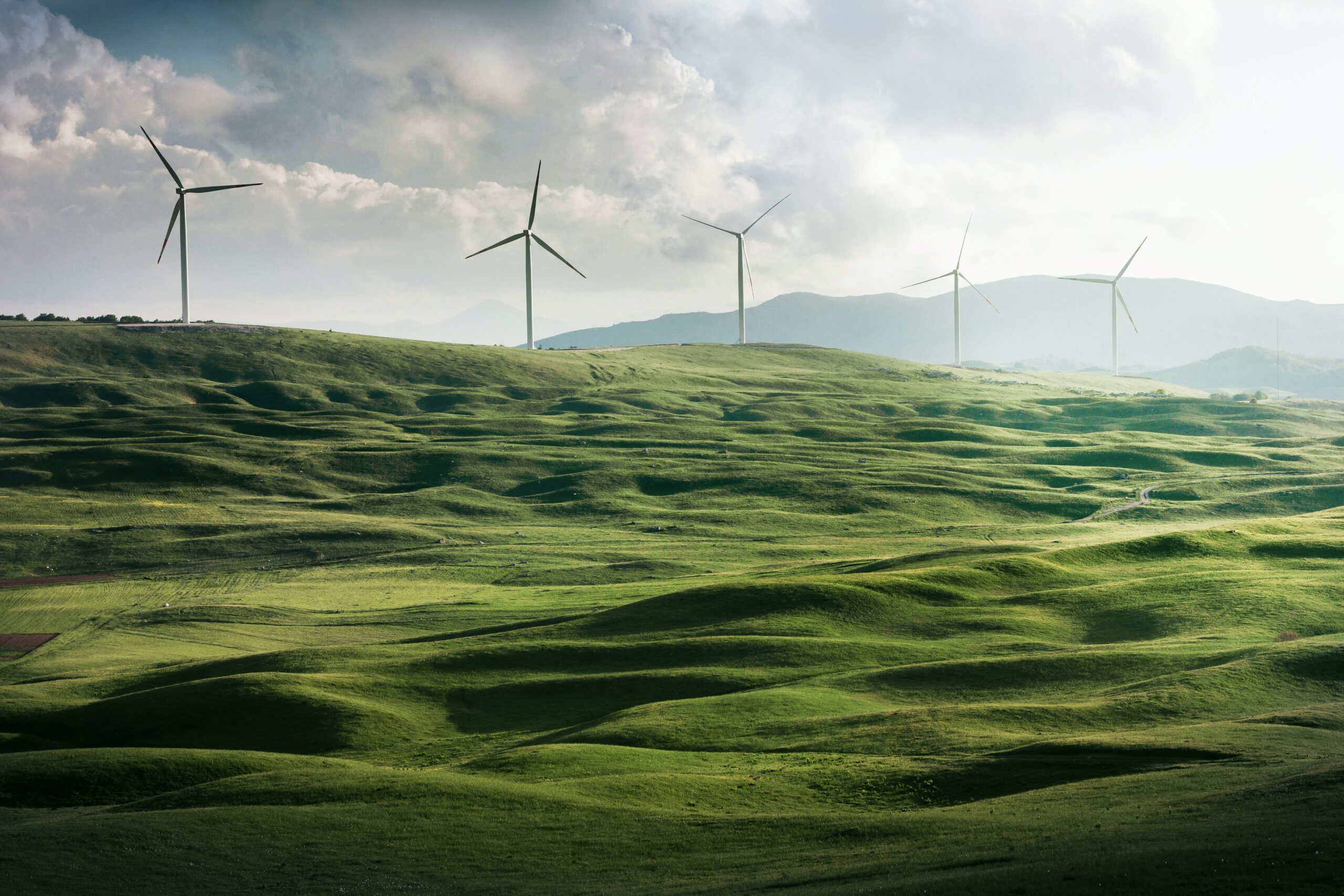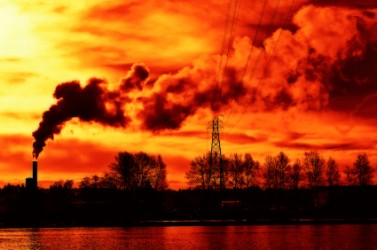The Climate is Hotting Up
IPCC releases first part of latest Climate Change report
The Intergovernmental Panel on Climate Change (IPCC) has released summaries of its latest report on Climate Change: “Warming in the climate system is unequivocal and since 1950 many changes have been observed throughout the climate system that are unprecedented over decades to millennia. Each of the last three decades has been successively warmer at the Earth’s surface than any preceding decade since 1850.” [their emphasis].
This is the fifth report and conclusions have firmed up since the previous one in 2007. The panel consider that warming will probably breach the two degrees C threshold, which is generally thought to be the difference between acceptable and dangerous. “Observations of changes in the climate system are based on multiple lines of independent evidence. Our assessment of the science finds that the atmosphere and ocean have warmed, the amount of snow and ice has diminished, the global mean sea level has risen and the concentrations of greenhouse gases have increased,” said Qin Dahe, Co-Chair of IPCC Working Group I.
The actual report is not ready yet and won’t be finalised till next year, but will be enormous and comprehensive, comprising over 2500 pages of text, based on millions of observations and citing 9200 scientific publications by thousands of scientists.
Global surface temperature change for the end of the 21st century is projected to be likely to exceed 1.5°C relative to 1850 to 1900 in all but the lowest scenario considered, and likely to exceed 2°C for the two high scenarios,” said Working Group I Co-Chair Thomas Stocker. “Heat waves are very likely to occur more frequently and last longer. As the Earth warms, we expect to see currently wet regions receiving more rainfall, and dry regions receiving less, although there will be exceptions,” he added.
Those who do not accept the science will not be convinced. It is often quoted that there has been “no warming for the past 17 years”. This isn’t quite true, while the land surface warming trend has had a plateauing effect (though not stopped completely), the IPCC put this down to volcanic eruptions, the downturn of the 11 year solar cycle and that the oceans absorbed some of the heat. Nevertheless, ice has retreated all over the world, the oceans continued to acidify, sea levels rose, and greenhouse gas concentrations in the atmosphere increased. Climate variability is such that the warming should not be expected to be a straight diagonal upward line, but be quite unstable. Nevertheless, the trend is clear, and a large part of it is down to human fossil fuel emissions, and secondarily changes in land use, that is deforestation.
The main effects will be felt in Africa, Asia and Australia, often by the poorest and most vulnerable, but the UK and other nearby countries will not be immune, judging by the unexpected floods and droughts which have happened in the past few years. There has also been new evidence from other investiagtions that climate change, and the starvation it brings are a factor in wars, revolutions and refugee migration – to find better places to live. For example, the eruptions in the Middle East recently were partly driven by the high prices of staple foods like bread.
Thomas Stocker says, “Continued emissions of greenhouse gases will cause further warming and changes in all components of the climate system. Limiting climate change will require substantial and sustained reductions of greenhouse gas emissions.” [their emphasis].
In response to the report, the world’s governments will be coming together to negotiate about emissions reduction, which will culminate in the successor to the Kyoto agreement in Paris in 2015.
This is a further piece of evidence that humans have to change their lifestyle and reduce the effects that we are having on the enviroment or risk turning the world into a much harsher place to live than it is now.
Visit GreenJobs for the latest Climate Change Jobs.
About Julian Jackson:



